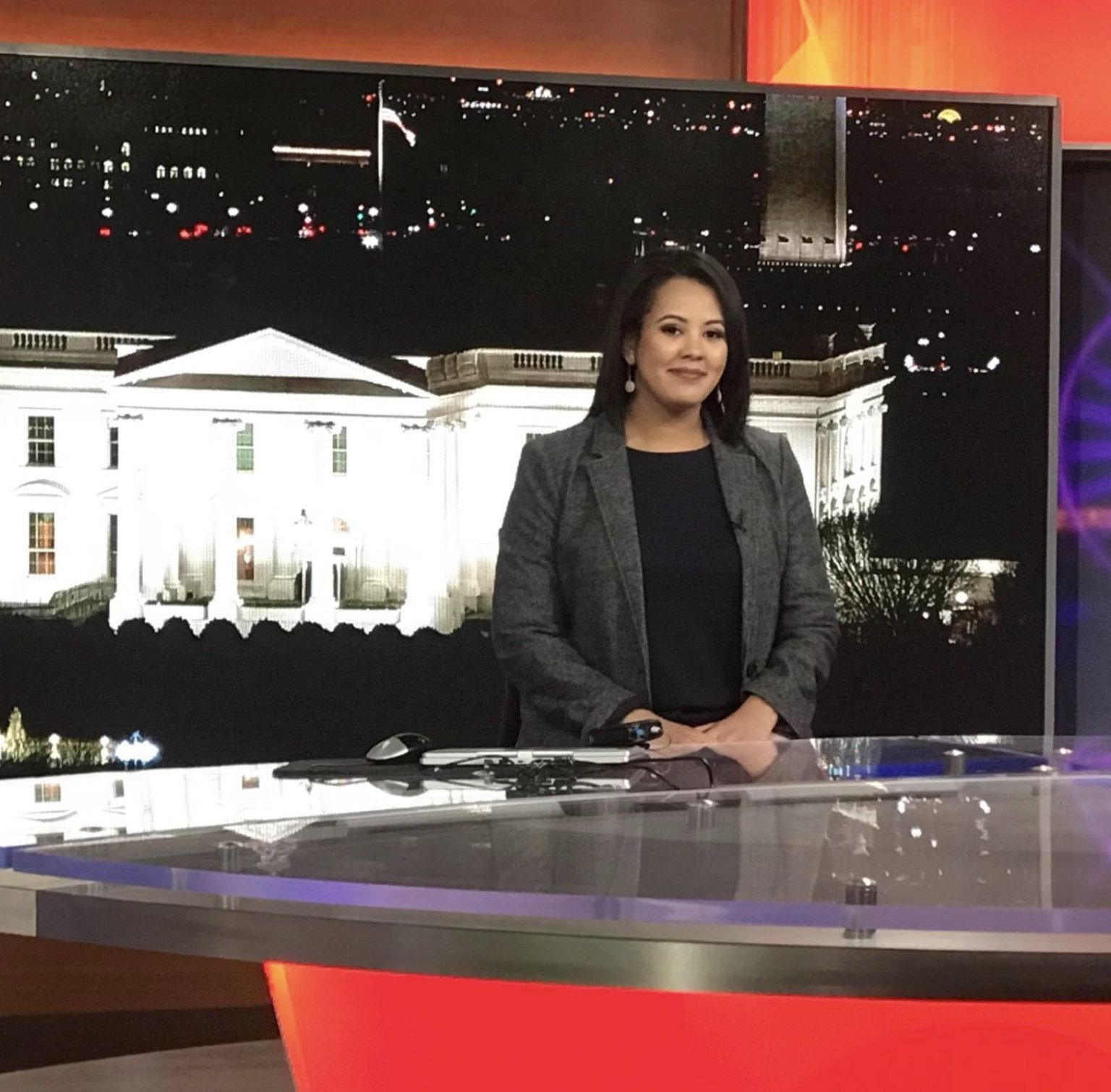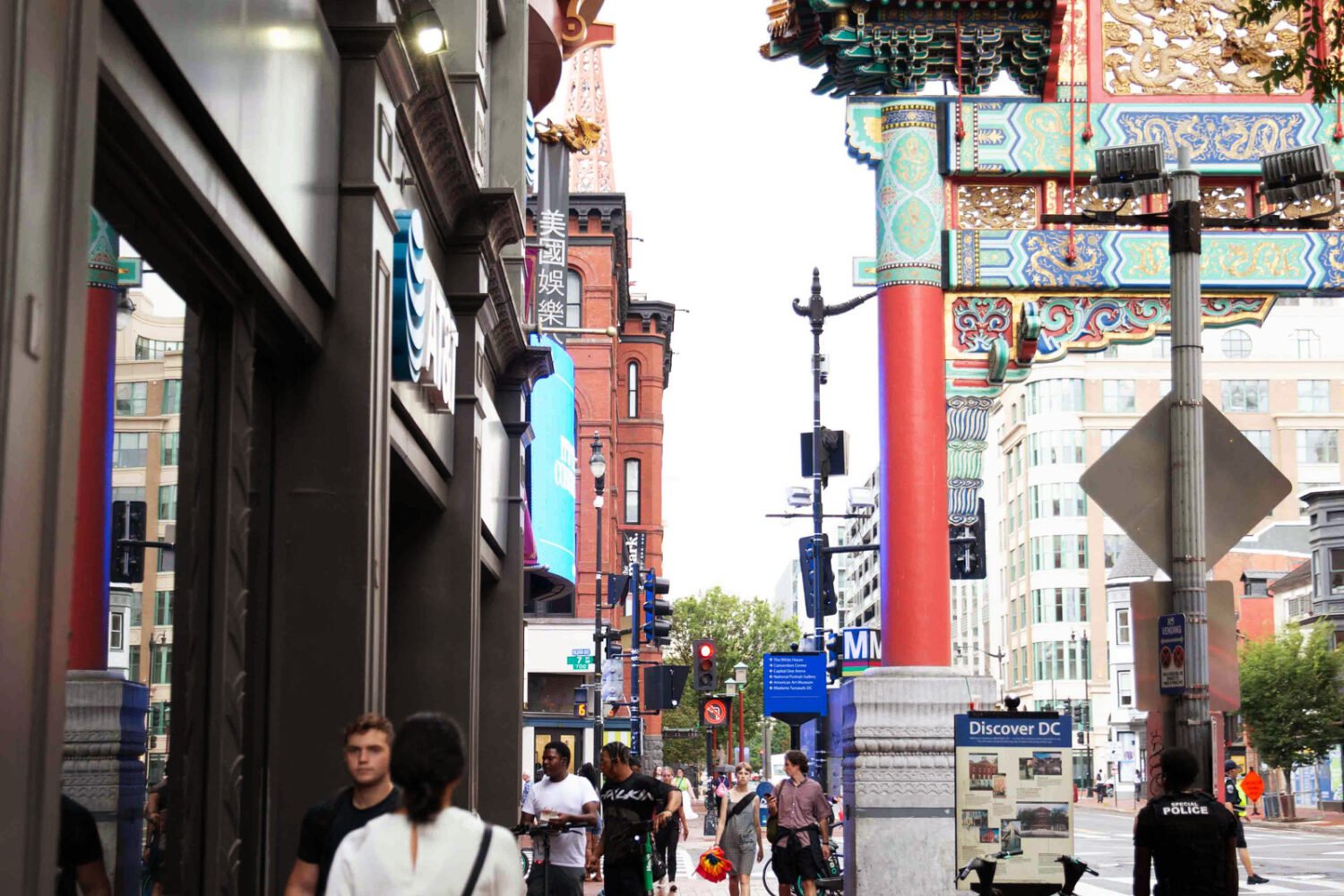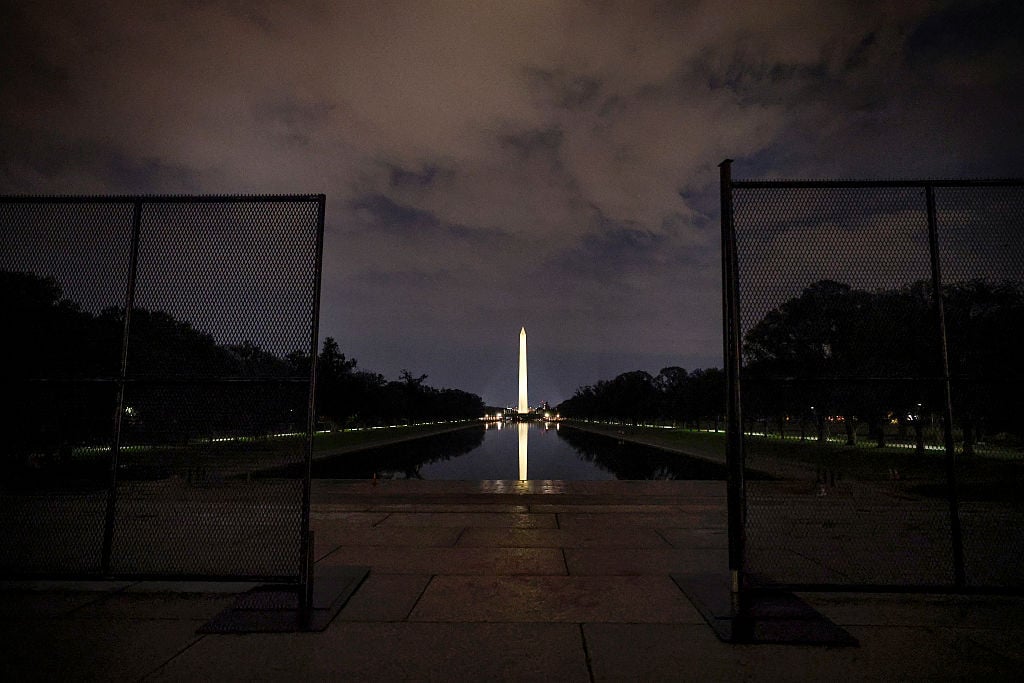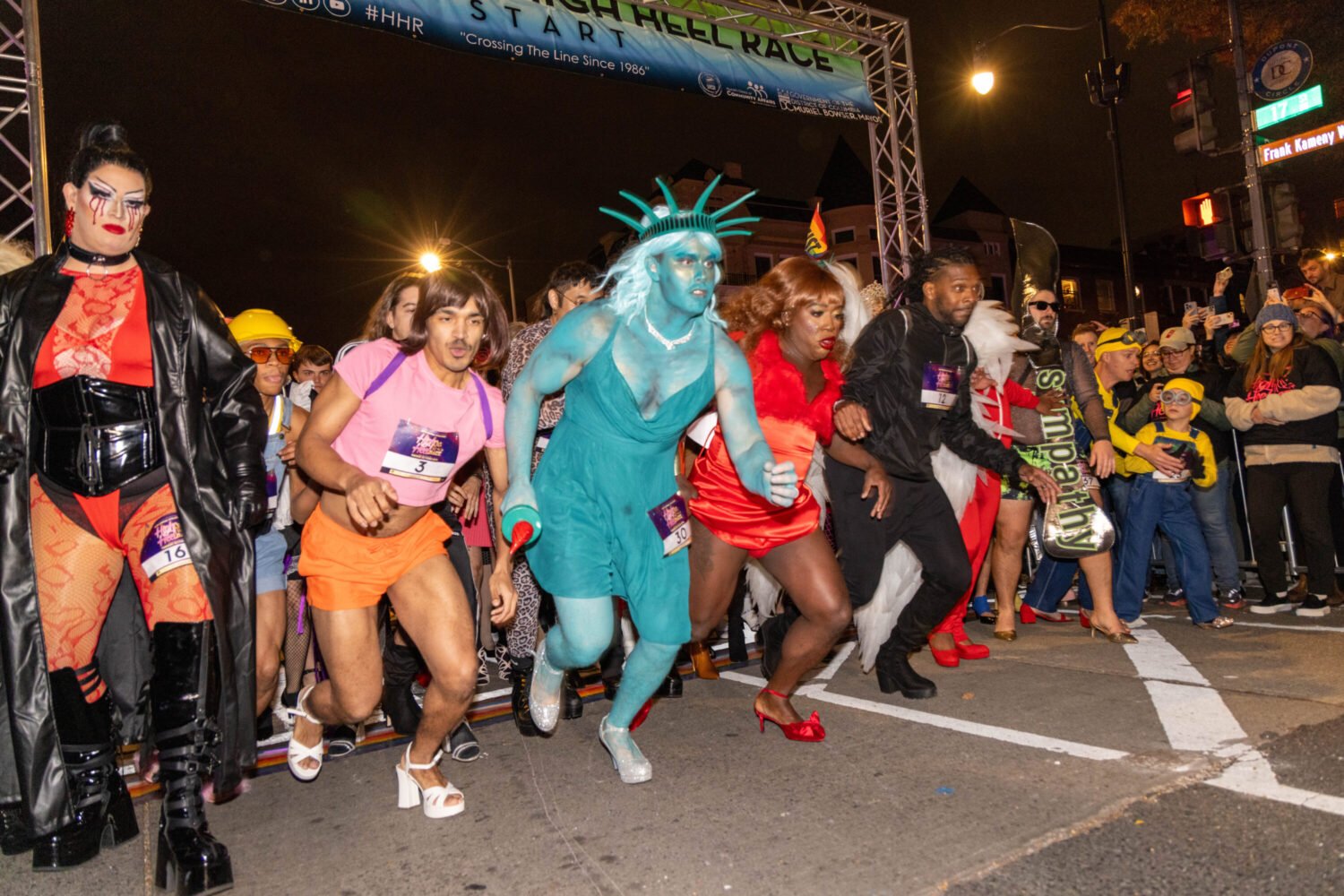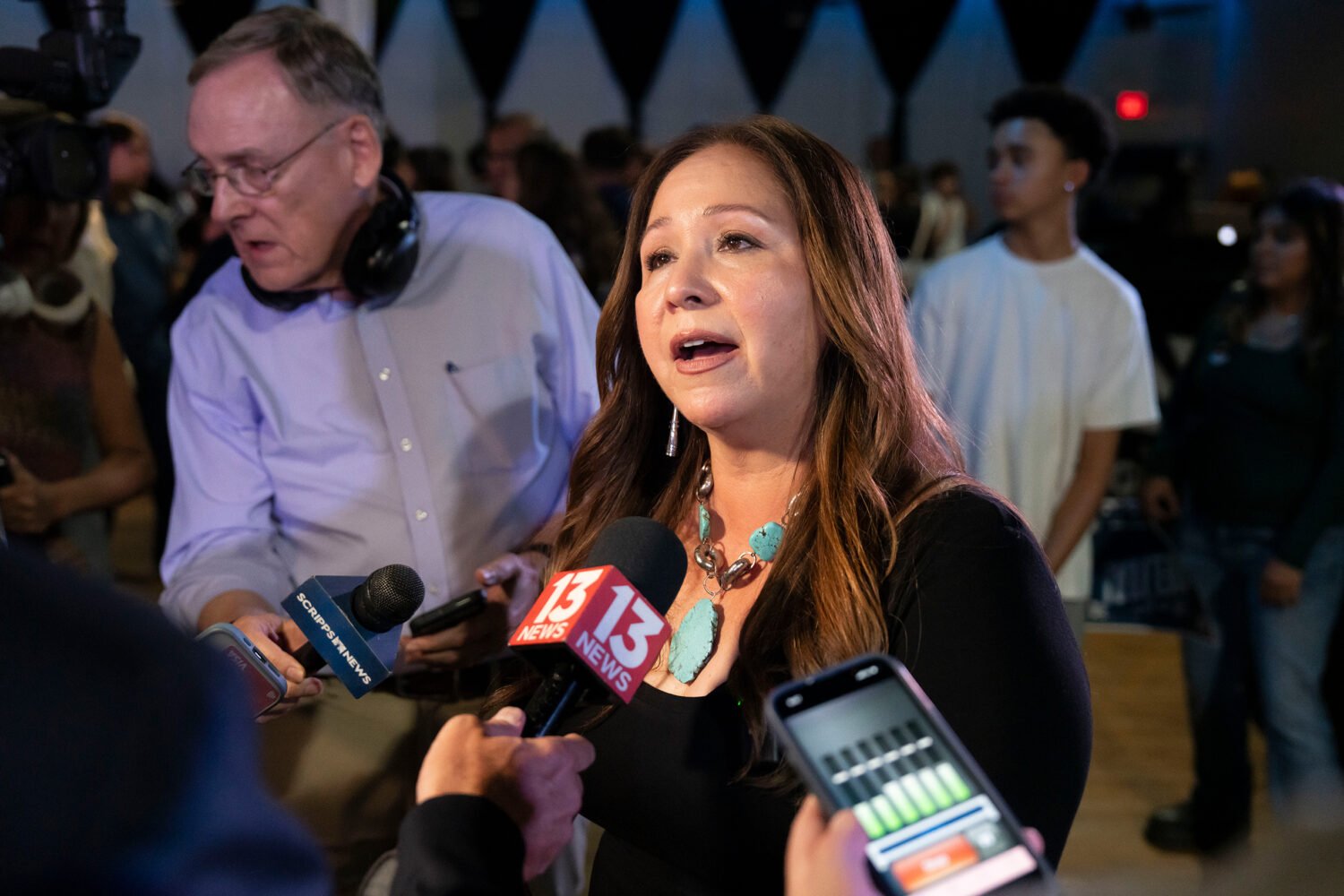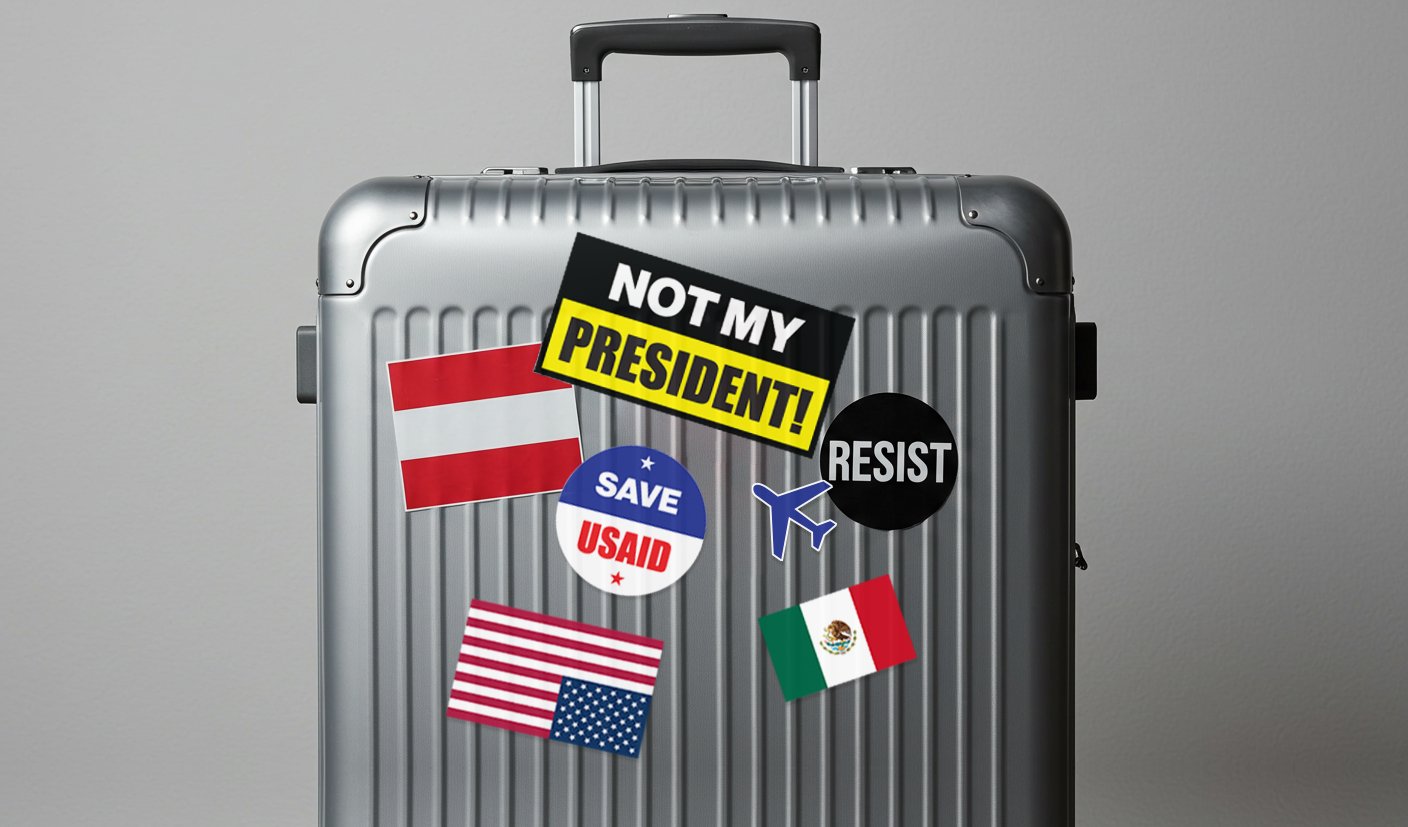Drivers with the transportation company Uber will have the chance to refuse passengers who attend the upcoming Unite the Right 2 white supremacist rally in DC on August 12. The refusal is contingent on a driver’s feelings of comfort and safety in accordance with the app’s community guidelines.
According to the terms agreed upon when signing up for the service, both drivers and passengers are “are expected to exercise good judgment and behave decently towards other people in the car when riding with Uber.” That list of bad behavior includes breaking the local law, damaging property, and use of inappropriate and abusive language or gestures. Uber tells Washingtonian that if a driver deems actions by a passenger discriminatory—which could include ideology, signage, and remarks associated with racial supremacy and neo-nazism—a driver is within his or her right to terminate the ride. It’s possible, too, that the user could be banned from using the app entirely, though Uber maintains that it investigates each complaint on a case to case basis.
This is a policy implemented every day, not just during high-tension events, Uber adds.
Yet the app exercised its right to remove a white supremacist user last year when it banned James Allsup after a African-American driver kicked Allsup and alt-right personality Baked Alaska (Tim Gionet) out of her car, BuzzFeed News reported. After reviewing a now-deleted video posted to Gionet’s now-suspended Twitter account, Uber booted Allsup from its services completely. The incident occurred just one day before the deadly riots in Charlottesville.
“Drivers always have the right to refuse service to riders who are disrespectful or make them feel unsafe, as the driver in this case rightly did,” Uber said in a statement sent to BuzzFeed News at the time.
It’s common for the ride-share service to circulate language to their drivers before buzzed-about events, such as this weekend’s rally, reminding them of state laws and their rights as employees. Other sharing economy companies, such as Airbnb, echo Uber’s language regarding temporarily or permanently banning racists.
Lyft did not immediately respond to request for comment.


